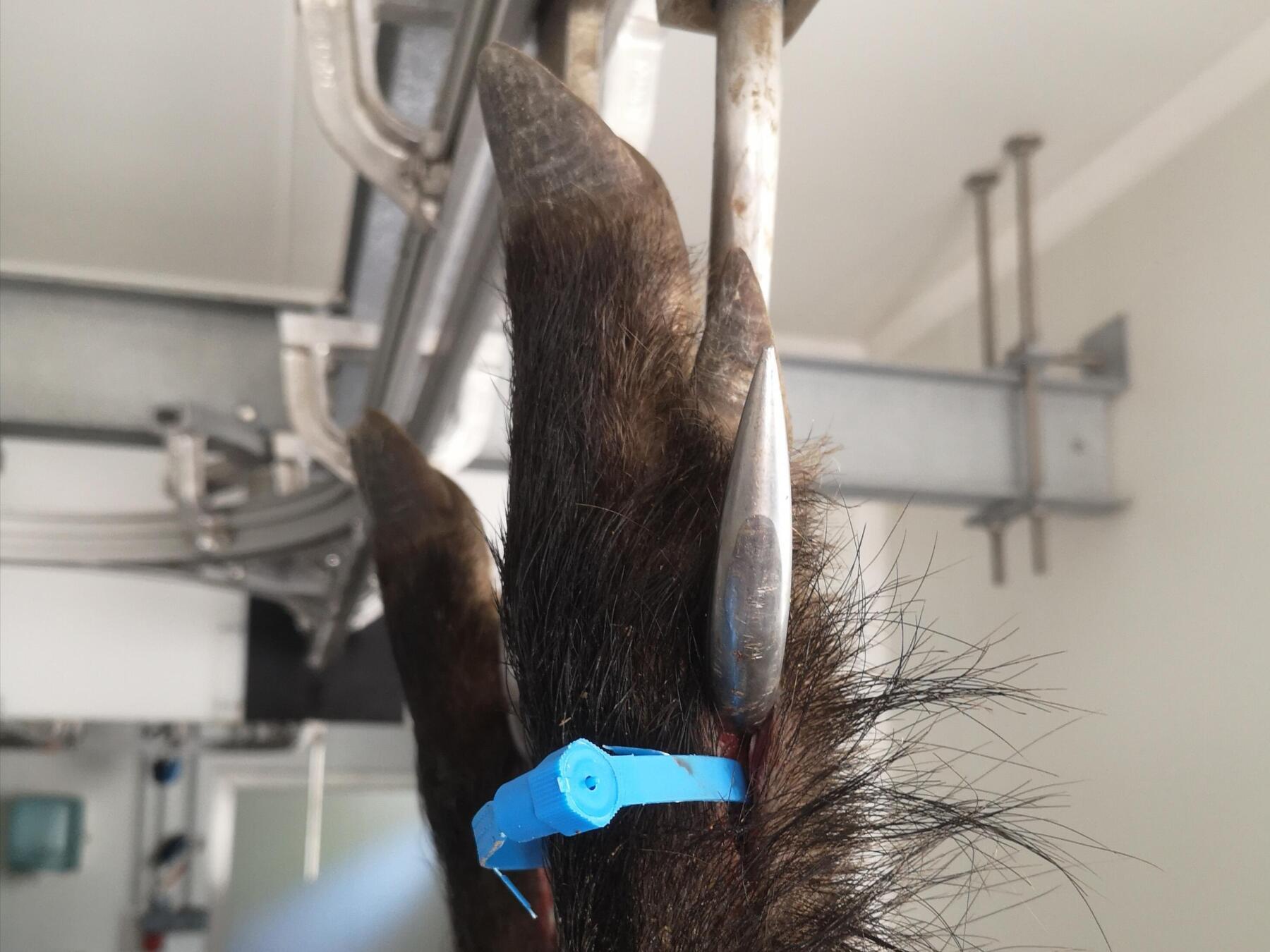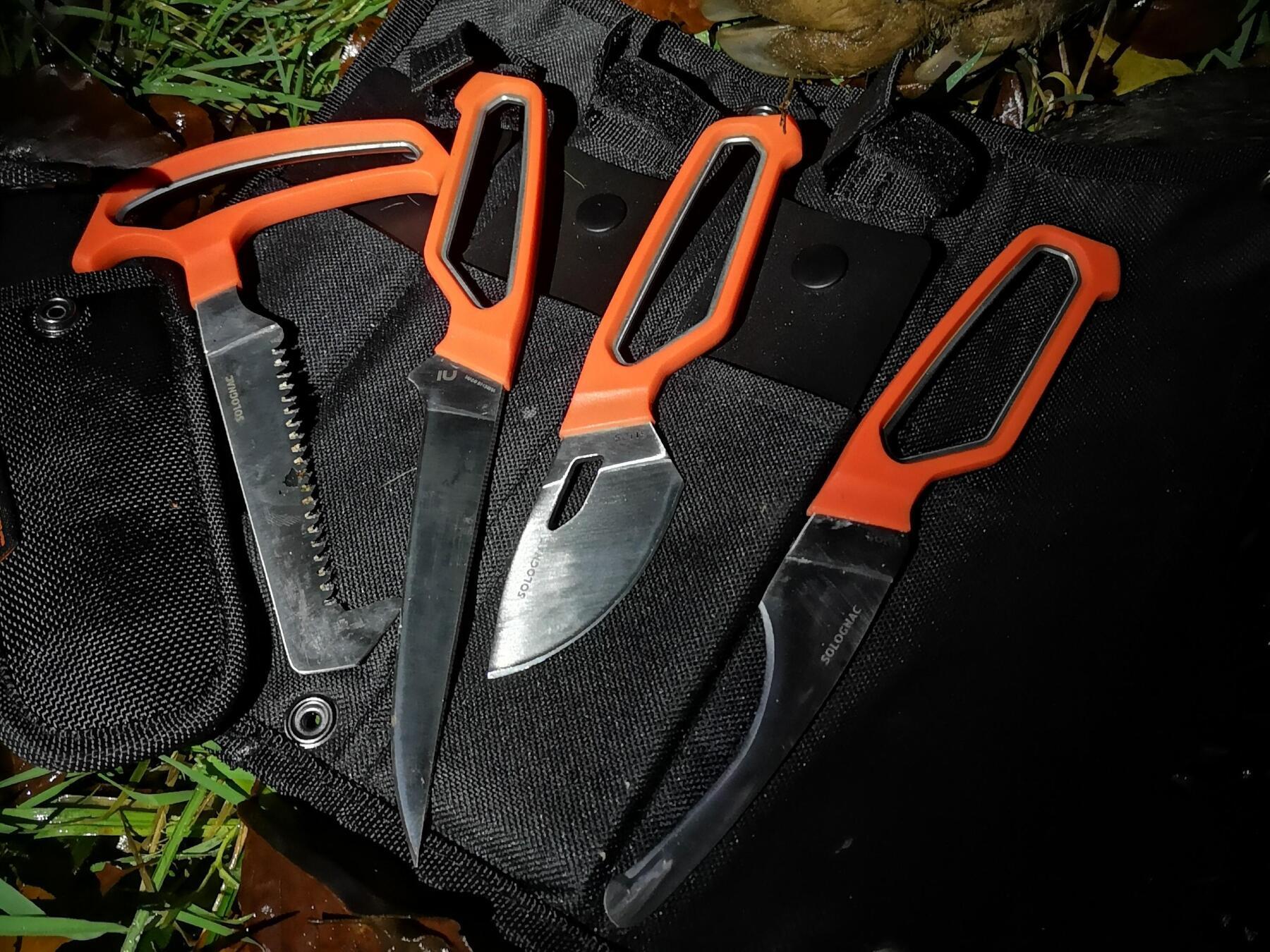How is the subject of butchering wild game addressed in france?
As a hunter yourself, you already know that no training is currently provided when you apply for a hunting licence.
Local hunting federations offer training for the basic game butchering exam. But this training is only compulsory for hunters who intend to sell their game meat, in accordance with the French decree of 18 December 2009 pertaining to the hygiene rules applicable to animal products and food containing animal products, appendix IV - section V.
So, how can you learn to butcher game meat? Philippe's answer is very clear. This know-how is shared between hunters through observation and experience. Simply because this know-how depends on a multitude of skills: shooting, aiming at the right part of the animal, using the right ammunition, the health and safety rules, the gutting techniques and the storage conditions. And like any skill learned this way, knowledgeable hunters may teach both good and bad practices.
Both Philippe and we at Solognac firmly believe that "The butchering of game meat is our best ambassador! In the eyes of non-hunters, it is the only means of justifying our hunting activities. It must be faultless and complete. Every one of us must be beyond reproach”. Philippe continues. “When we hunt and butcher an animal, we become meat producers, with all the responsibilities that this entails. It is our duty to adopt the right practices to guarantee the quality of hygiene of the game meat. When we go out stalking, or hunting in a hide, we are alone, and we also have to butcher the game meat alone. Therefore, a strong command of all the aspects of hunting practices is essential.” In its report CGAAER n° 21032, the French Ministry of Agriculture and Food talks about “the ethical demands on primary hunters and producers”.








